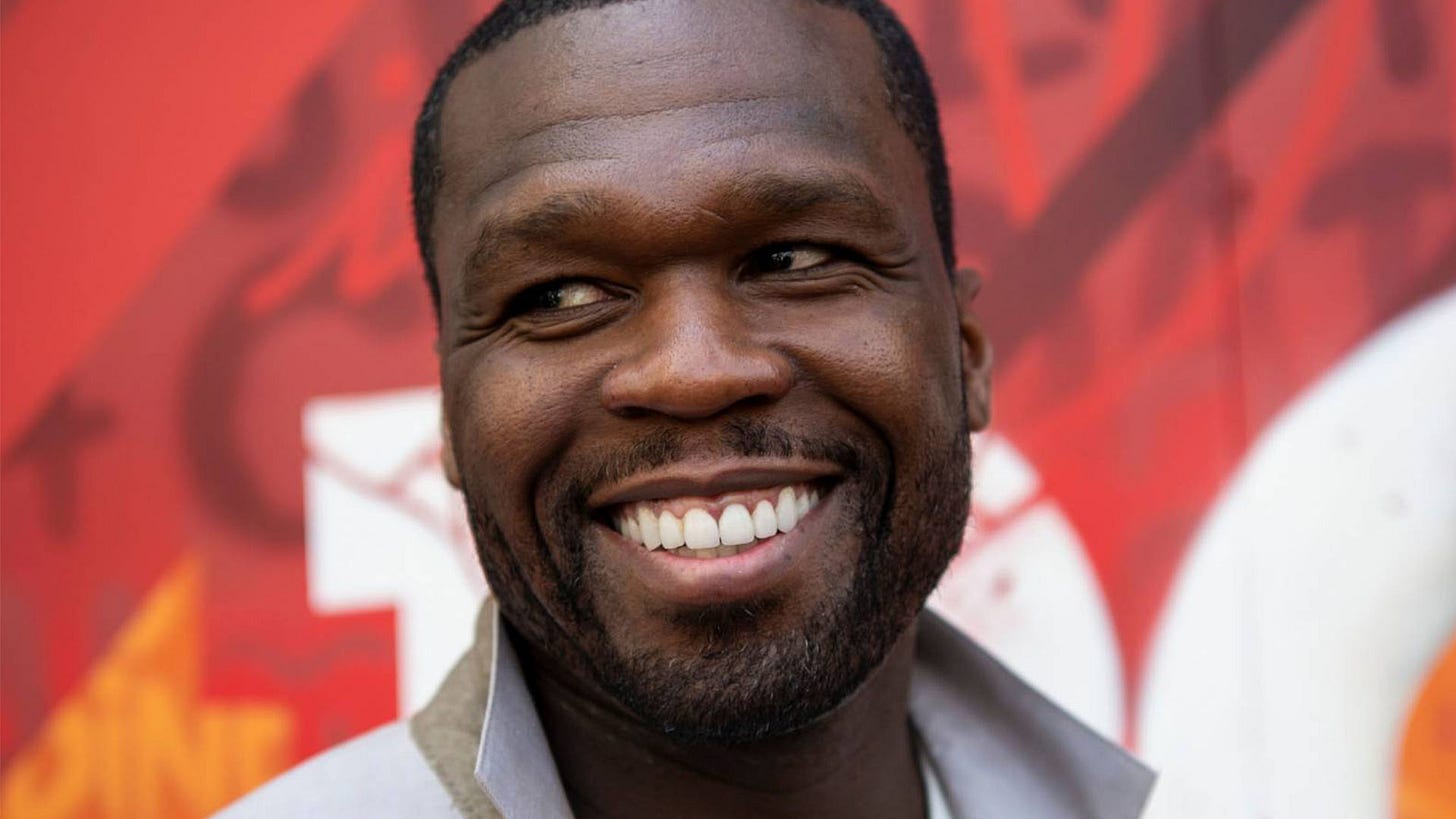Learning That You Shouldn't Have Said Anything
And what CEOs are learning about communication and the opportunities before them
Interviewer: “One thing you wish you hadn’t done?”
50 Cent, actor and rapper: “Responded to some people. I shouldn’t have said anything.”
Regret is a powerful emotion and experience. Remorse climbs to a higher level of psychology. What is said above by 50 Cent is highly relatable for most of us and a hard, costly and painful lesson learned.
“One thing you wish you hadn’t done” is a bold, piercing and interesting question to ask someone. 50 Cent’s reply was certainly a thoughtful, introspective, humble and honest one. What he said additionally seems to infer that he realized and feels deeply that he erred badly with a small amount of people or that he had a chronic bad habit.
It’s important to focus on the fact that what happened as a result of that communication decision and behavior impacted 50 Cent powerfully.
He seems, to a degree at least, haunted by it. That probably has led him to be different and care more about respect and peace than fighting or “being right.”
Did you know…
Weber Shandwick report: 45% of global executives have tied corporate reputation to that of the CEO and that those surveyed also believe that 44% of market value is attributable to the reputation of the CEO.
The perception of the CEO therefore matters a lot more than than leaders might care to admit, find comfortable or feel is reasonable.
Axios dived deeper into the topic. Here are some highlights for you:
“Access to more media channels — like social, podcasting, newsletters and vlogs — means executives have more opportunity to connect with new and existing audiences based on interests unrelated to their business.”
This focus and regular effort can be helpful to inform, educate, relationship build, gather feedback, paint an emotional picture and influence, in part, the narrative.
“CEO posts on LinkedIn have surged 23% since last year, while executives like Meta's Mark Zuckerberg, Airbnb's Brian Chesky and Substack's Chris Best are participating in more personal, long-form podcast interviews.”
Doing this on a regular or semi-regular basis can be valuable. Stakeholders can see, hear and “feel” you. You become more than a name. You become human. You gain attention. You can inspire followers. People get to know the company, industry, brand and your strategy. They get to know you.
“As tech founder Andrew Yeung recently pointed out, ‘The biggest corporate brands in the world used to be distinct companies like: Coca-Cola, IBM, Nokia, Disney’ — now the brands of ‘Elon Musk, Richard Branson, Jeff Bezos and Mark Zuckerberg’ are the biggest.”
You may not care about this personally or even want, as a CEO, to be a “brand” — as not everyone’s personality values it, yet understand that there can be organizational and yes, career benefits, in becoming one.
"The really smart CEOs,” says Felicity Barber, founder of Thoughtful Communications — and a former speechwriter at BlackRock — about CEOs, their public communication and success from it, “recognize that it's in partnership with their communication teams — and are very intentional about how and when they communicate.”
That’s it. Working closely with your people to communicate within stakeholder relationships and doing so clearly and successfully, earning tangible and intangible returns on investment (time, effort and money).
Communication Intelligence Extra is a paid subscriber feature and benefit. Follow Communication Intelligence on the company page on LinkedIn and/or on Twitter.





